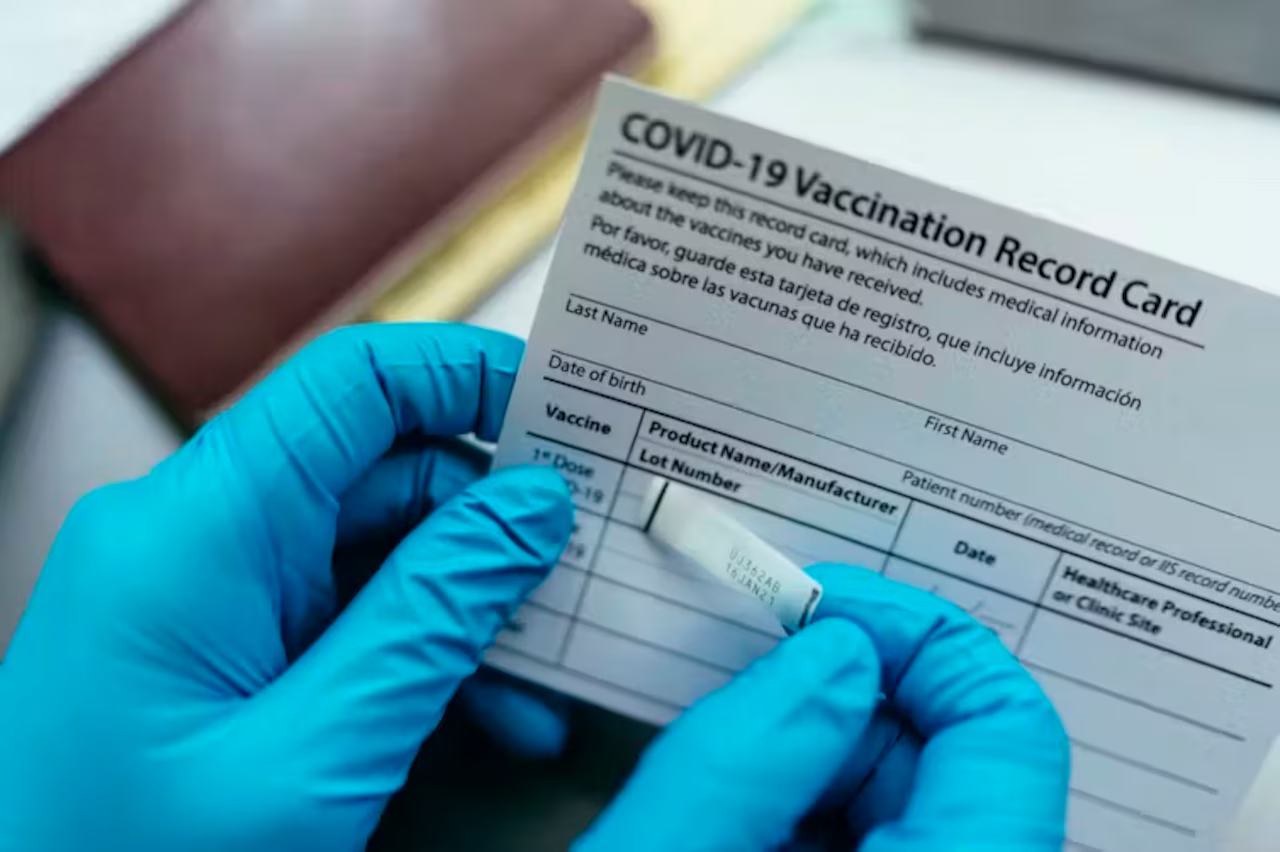Ohio residents are facing tighter restrictions on who can receive the updated COVID-19 vaccine after recent changes from federal health regulators. The move has sparked concern among medical professionals, especially as hospitalizations for the virus continue to climb across the state.
What Changed
The U.S. Food and Drug Administration has approved the latest version of COVID-19 vaccines but narrowed eligibility. Under the new guidelines:
- People 65 and older remain eligible.
- Children and adults aged 6 months to 64 years can only receive the vaccine if they have underlying medical conditions that put them at higher risk of severe illness.
Healthy adults and children without pre-existing conditions are no longer automatically eligible for the updated booster.
Local Impact in Ohio
Pharmacies such as CVS, Walgreens, and Giant Eagle have begun administering vaccines to those who qualify under the new rules. For eligible individuals, no prescription is required in most locations.
However, the changes have led to confusion about insurance coverage, particularly for those who may now be excluded. Health experts note that younger adults and healthy children may face greater challenges accessing the vaccine, despite ongoing community spread.
Concerns From Health Experts
Public health officials warn that reducing eligibility could lower vaccination rates at a time when cases and hospital admissions are on the rise. COVID-19 hospitalizations in Ohio have nearly doubled in recent weeks, raising fears that fewer people receiving boosters could strain the healthcare system.
Medical professionals are urging clear communication to the public about who qualifies, how to access the vaccine, and what alternatives may be available for those excluded under the new criteria.
Looking Ahead
For now, Ohioans who meet the updated requirements can still receive the COVID-19 vaccine at local pharmacies without major barriers. Those who are not eligible may need to consult their healthcare providers about possible exceptions or prescriptions.
As the respiratory virus season approaches—with flu and RSV also circulating—public health leaders stress the importance of protecting vulnerable groups and maintaining access to vaccines wherever possible.















Leave a Reply